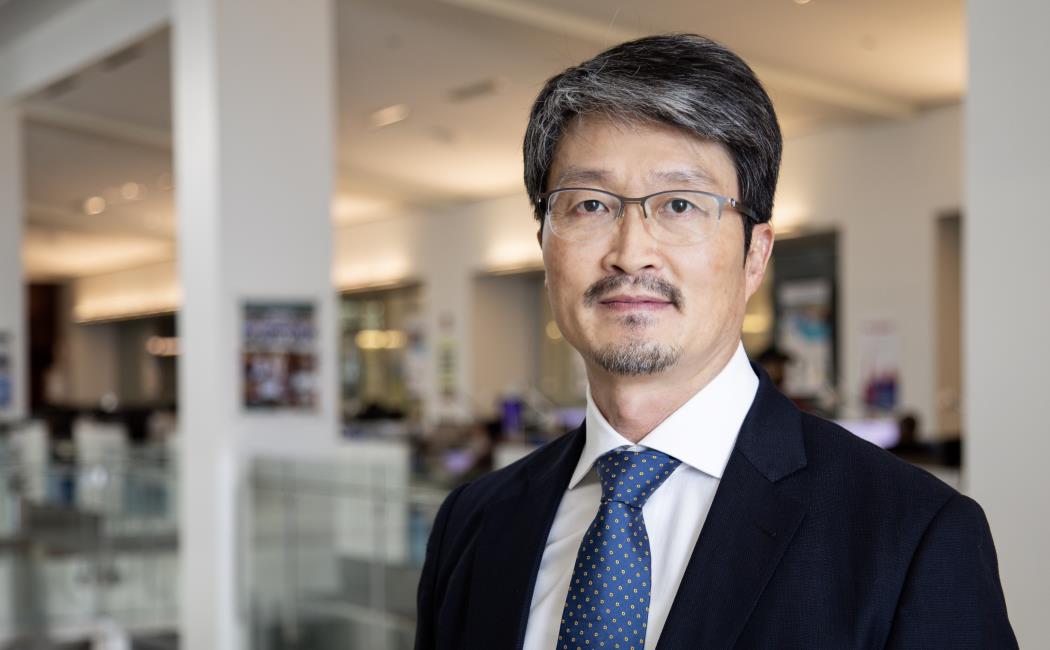


06 March, 2023
Article from PSE by David Murphy:
KAUST Associate Professor of Mechanical Engineering Min Suk Cha has been elected as a Fellow of the Combustion Institute (CI). Cha was elected for his exceptional and innovative contributions to the fundamental understandings and advances in plasma and electrically assisted combustion.
Established in 1954, the CI is a nonprofit, international scientific and engineering society based in Pittsburgh, Pennsylvania, U.S. The Institute works to facilitate the dissemination of research in combustion science and technology worldwide. The CI views combustion research as a "field of eminent societal importance that cuts across many disciplines."
Each year, members of the CI are recognized for fellowship selection by their peers, whether in research or applications. Cha is the sixth member of the KAUST Clean Combustion Research Center (CCRC) to become a Fellow of the CI.
“It was such a rewarding moment, knowing that my 30-year-long journey through this field of study had been recognized by my peers and three Fellows who supported my nomination,” he said of his election. “I am also honored to continue the CCRC’s honorific record—all senior faculty have been elected as Fellows of the CI.”
Research drive for an electric, carbon-neutral future
Cha received his B.S. degree ('93) from Pohang University of Science and Technology, Pohang, South Korea, and his M.S. ('95) and Ph.D. ('99) degrees in mechanical engineering from Seoul National University, South Korea, respectively. He was a principal researcher at the Korea Institute of Machinery and Materials, Daejeon, South Korea, from 2000 to 2010.
His research interests include plasma-assisted combustion, plasma fuel reforming and electrically assisted combustion. The KAUST Plasma Assisted Combustion Lab (PACL), which he leads, investigate combining plasma into combustion processes. The PACL team seeks innovative ways to reduce hazardous emissions and control flame instability.
Cha’s current research revolves around chemical-reacting platforms powered by low-temperature plasmas toward an electric, carbon-neutral future.
“I am interested in producing hydrogen or its carrier using plasma technology. At the point of use, this idea can be used for in-situ ammonia cracking,” he noted. “Material synthesis using plasma and propulsion using ionic wind are also areas of great topical interest these days.”
Cha believes that the plasma technology he is working on can contribute to the Kingdom in many ways: “Among the potential areas for future contributions is public health with plasma sterilization, energy with chemical synthesis and aerospace with ionic propulsion.”
“I truly appreciate KAUST’s generous support of my research. Without this support, I could not achieve such an honorific title,” he concluded.